TDK, a leading global manufacturer of electronic components, started its initiatives for digital transformation (DX) under its Medium-term Plan “Value Creation 2023” launched in fiscal 2021. As part of this initiative, the Management Audit Group launched the Audit DX Project in collaboration with ABeam Consulting, a firm with over a decade of experience of working with TDK’s Business Systems Group. Through this project, TDK is transitioning from traditional labor-intensive audits to next-generation audits powered by digital technology.
Realizing next-generation audits using digital technology Improving audit quality and business processes through data analysis and automated judgment
- High Technology
- Outsourcing
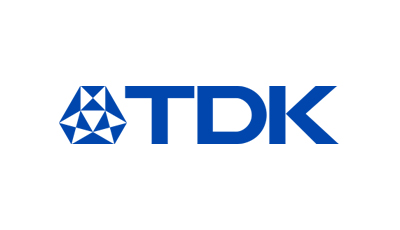
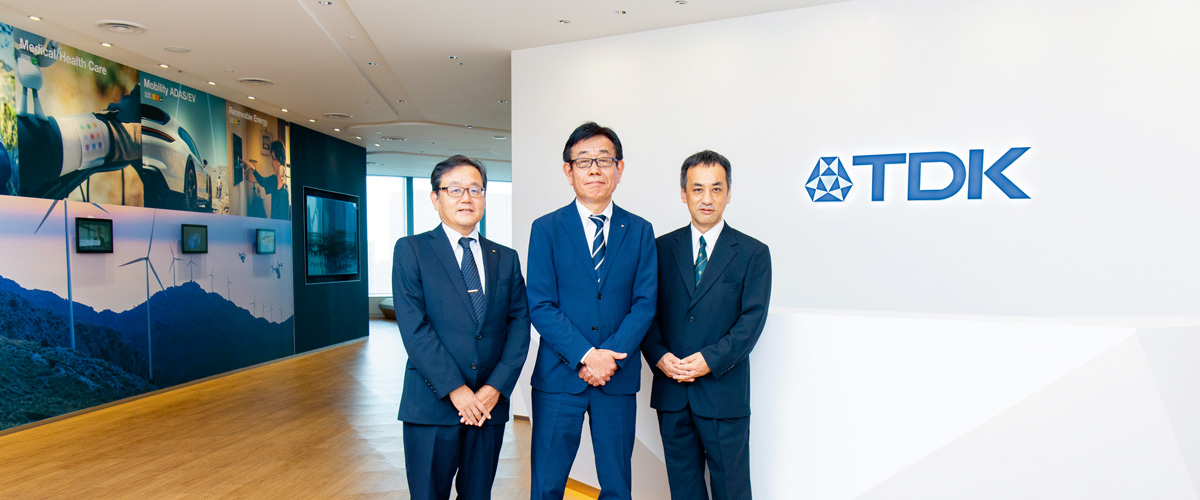
Challenge
- Moving away from audits that require travel to audited sites, manual work, etc.
- Reducing the burden on audited organizations of preparations for audit
- Transitioning from annual or multi-year audits to short-cycle monitoring
ABeam Solution
- Supporting the realization of next-generation audits using digital technology
Success Factors
- Improved audit quality and efficiency through location-free auditing and testing of all items
- Reduced audit time through automated judgment
- Initiated workplace business process improvement through continuous monitoring
Project Background
A plan to transform audits as part of the DX initiative
TDK Corporation (TDK), founded in 1935, is a global leader in magnetic technology and a manufacturer of electronic components, including passive components, sensor application products, magnetic application products, and energy application products.
Under its Corporate Motto “Contribute to culture and industry through creativity” and the Corporate Principles “Vision, Courage, Trust,” TDK formulated the Long-term Vision “TDK Transformation” in fiscal 2024 outlining its aspirations for the next 10 years. The vision encompasses two key elements: contributing to the transformation of society and accelerating continuous transformation of TDK itself. By advancing these two objectives, TDK aims to contribute to the realization of a sustainable future.
In its Medium-term Plan “Value Creation 2023” for fiscal years 2021 to 2024, TDK accelerated both digital transformation (DX) and energy transformation (EX). One of the initiatives for promoting DX is transformation of audits. For many years, audits were conducted by employees of the Management Audit Group who traveled to audit sites, asked local staff to prepare hard copies, and manually verified the documents. This process not only placed a heavy burden on the auditees, as an audit took one to two weeks, but also limited the frequency of audits to from once a year to once every three years.
“Audits were not viewed positively by the organizations being audited and they were a source of resentment,” says Mr. Yutaka Nishizawa, G.M. of the Management Audit Group at TDK. “We wanted to fundamentally change this and create audits that would be welcomed and appreciated by the auditees. That’s why we decided to pursue audit transformation.”
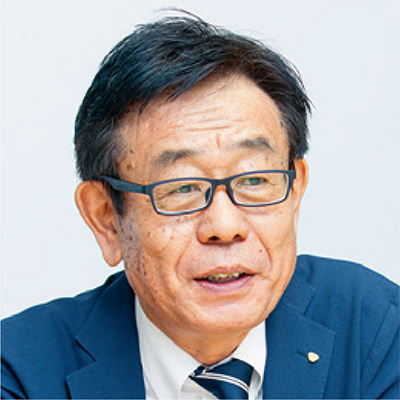
As we deploy next-generation audits globally, we would like to leverage ABeam’s support through its overseas offices and network.
G.M.
Management Audit Group
TDK Corporation
Mr. Yutaka Nishizawa
Why ABeam
Trust cultivated through more than 10 years of co-creation and ABeam’s extensive expertise in business process reform were the decisive factors
TDK has been working with ABeam as its partner on the global implementation of SAP since 2011, and ABeam has also been responsible for SAP operations and maintenance since 2016. Additionally, TDK established a Center of Excellence (CoE) within the Business Systems Group of the Management System HQ to drive DX, including across business divisions, with the goal of enhancing value creation based on insights derived from data.
The Business Systems Group, introduced to process mining tools by ABeam, conducted a proof of concept (PoC) aimed at transforming business processes through analysis of the vast amounts of data accumulated in SAP. “Process mining allowed us to uncover valuable insights from the data and we realized it could be applied across various departments,” recalls Mr. Naoya Fujimoto, Senior Manager of the Business Application Department 1, Business Systems Group, Management System HQ, TDK. “However, departments were hesitant because they didn’t fully understand how to use it. It was then that the Management Audit Group suggested it could be applied to audit transformation.”
Therefore, the Business Systems Group and the Management Audit Group launched the Audit DX Project, partnering with ABeam, which has extensive expertise and experience in business process reform through the use of the latest digital technologies.
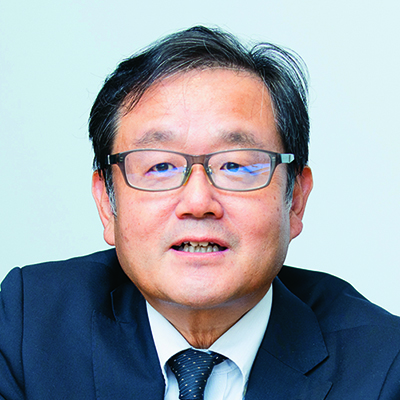
The insights provided by ABeam have been highly stimulating. We look forward to receiving more valuable information, including case studies of other companies, that will benefit TDK.
Department Head
Business Application
Department 1
Business Systems Group
Management System HQ
TDK Corporation
Mr. Naoya Fujimoto
Project’s goals, challenges, and solutions
Driving audit DX through co-creation between the two departments and ABeam
In May 2022, the Audit DX Project was launched. The project’s goal was to transition from traditional audits, which were conducted annually or every two or three years and relied on site visits, hard copy, manual work, and visual judgment, to next-generation audits utilizing advanced digital technologies. “In the next-generation audits, our goal was to achieve location freedom—allowing audits to be performed anywhere—and to test all items instead of random sampling. By using automatic or semi-automatic judgment instead of human inspection, we aimed to enable short-cycle and real-time audits, which would improve both audit quality and workplace operations,” says Mr. Nishizawa.
The project was a collaborative initiative between TDK’s two organizations—the Management Audit Group and the Business Systems Group—and ABeam. Although both groups belong to TDK, there were areas of each other’s operations that they were unfamiliar with. Therefore, they first defined the areas of expertise for each—such as business processes, applications, and IT management—and proceeded with a sense of urgency. “In the project, we transcended the typical client-consultant relationship and worked as one team. We were able to freely share our opinions while respecting each other. The key reason we were able to deliver results in a short cycle was that ABeam seamlessly integrated into the team and participated just like TDK’s two internal organizations,” says Mr. Nishizawa.
In promoting the Audit DX Project, the team adopted a strategy of repeating small projects lasting about two months. Projects with longer duration can make it difficult to assess progress along the way. Since the Audit DX Project started with uncertainties about whether it could truly achieve results, the team aimed to confirm achievements in the short term, accumulate successful experiences, and build the members’ confidence.
“Running a project on a two-month cycle was really challenging. We had regular weekly meetings, but at first we couldn’t see any tangible results and were uncertain about what we should be doing. However, starting from the sixth month, the project began to produce outputs that the Management Audit Group could take to the field and present in a way that gained acceptance, generating positive feedback,” recalls Mr. Yutaka Sasaki, Leader (Section Manager) of the CoE Group, Business Application Department 1, Business Systems Group, Management System HQ, TDK.
One of the challenges in this project was securing approval from the audit firm for the change in audit methodology. The team was able to gain the audit firm’s understanding by explaining the purpose, significance, and benefits of TDK’s efforts to improve audit quality, as well as having ABeam explain technical details, such as the data’s locations and how to reference them. Mr. Sasaki says, “The support from consultants who were familiar with the business processes was extremely helpful. Furthermore, over and above ABeam project members’ knowledge, ABeam’s deep reservoir of expertise as a consulting firm was fully utilized, leveraging collaboration within ABeam, in promoting the project. Mr. Fujimoto adds, “We were able to move forward with our efforts because ABeam focused on improving the business processes and the organization as a whole, rather than just emphasizing how to proceed with the project.”
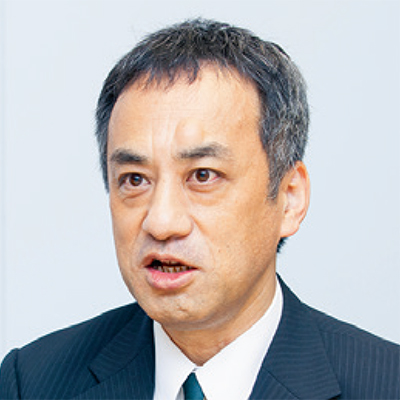
We greatly value ABeam’s support, not just for this project but across various departments. From now on, we look forward to continuing our partnership with ABeam to further drive digital transformation.
Leader
CoE Group
Business Application
Department 1
Business Systems Group
Management System HQ
TDK Corporation
Mr. Yutaka Sasaki
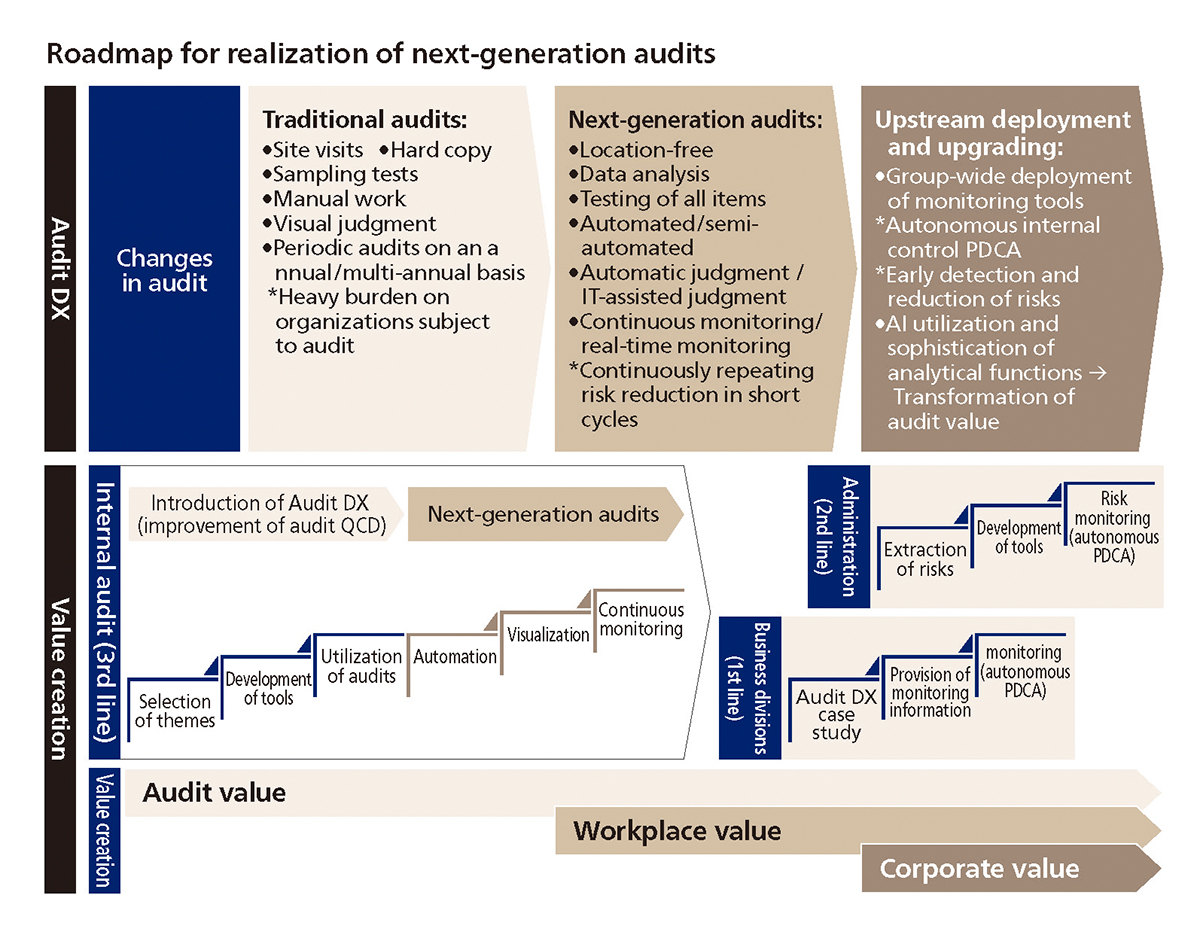
Results and future prospects
Aiming for autonomous business process improvement and creation of new value
Through this project, TDK has gained valuable experience in business process transformation using digital technology and acquired know-how on how to drive such transformation. TDK also evaluates that motivation for digital technology has grown within the organization. Going forward, Mr. Nishizawa states, “We aim to deploy the project’s achievements beyond auditing to other business fields and contribute to the promotion of autonomous business process improvement in business divisions.” Mr. Fujimoto adds, “Our goal is not only to prevent fraud through auditing but also to create new value by optimizing business processes,” Additionally, TDK plans to advance the sophistication of its business processes and foster new value creation, with a view to global deployment of next-generation audits.
Customer Profile
- Company name
- TDK Corporation
- HQ Location
- 2-5-1, Nihonbashi, Chuo-ku, Tokyo
- Estd.
- 1935
- Business
- Manufacturing of passive components, sensor application products, magnetic application products, energy application products, and others
- Capital stock
- 32,641 million yen

May 26, 2025
- Corporate data and titles are those in use at the time of writing.
Click here for inquiries and consultations
